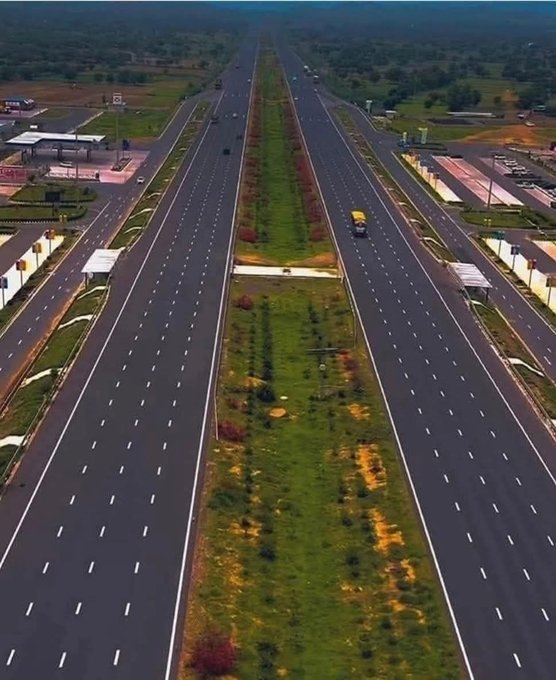The Supreme Court has settled legality issues arising out of the Sh500 billion SGR contract saying the procurement process was lawful.
The Apex court set aside a decision by the Court of Appeal that had found the deal to be illegal.
They said the procurement process for the Standard Gauge Railway project was undertaken in conformity with the provisions of Article 227 of the Constitution.
"The SGR procurement was undertaken as a government-to-government contract hence exempt from the provisions of the Public Procurement Disposal," Supreme Court Judges ruled.
The Apex court found that the procurement of China Road and Bridge Corporation (CRBC) was not undertaken by Kenya Railways Corporation (KRC) but by the government through the Ministry of Transport.
The court observed that KRC did not allocate funds towards the project directly from the consolidated funds as the government itself opted to implement the financing model.
"KRC could not and did not, therefore, qualify as a procuring entity," Supreme Court said.
The Court of Appeal had in 2020 faulted the Kenya Railways Corporation for illegally head-hunting China Railways and Bridges Corporation (CRBC) for the project.
It held that KRC as the procuring entity failed to comply with Article 227 of the Constitution in the procurement of the SGR project.
Aggrieved with that finding, KRC appealed to the Supreme Court.
KRC was particularly aggrieved by a declaration that, as the procuring entity, it failed to comply with and violated provisions of Article 227 (1) of the Constitution and Sections 6 (1) and 29, of the Public Procurement and Disposal Act, 2005.
The Apex court has since settled that issue saying KRC did not qualify as a procuring entity.
The case had been filed by Activist Okiya Omtatah at the High Court.
He challenged the SGR contract over the failure of KRC to follow procurement laws.
Omtatah had argued that only a few people knew the finer details of the SGR deal between Kenya and China’s Exim Bank.











